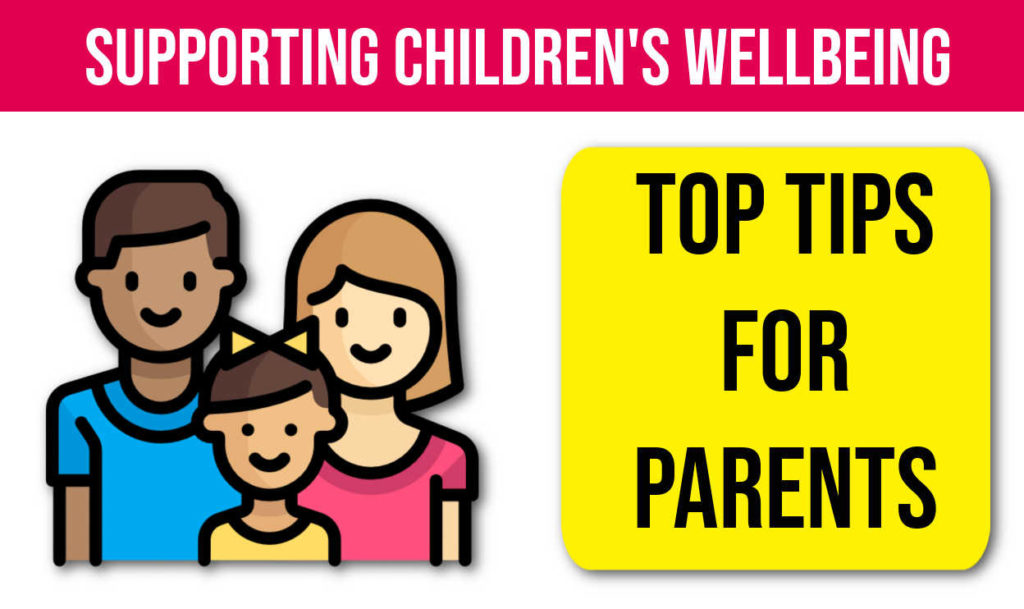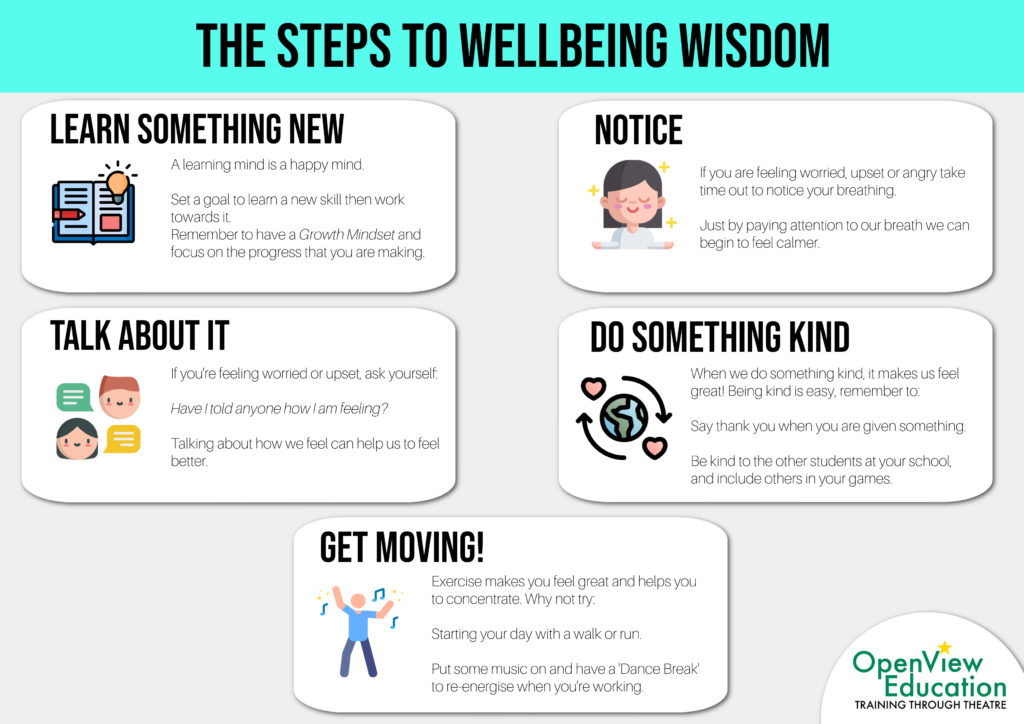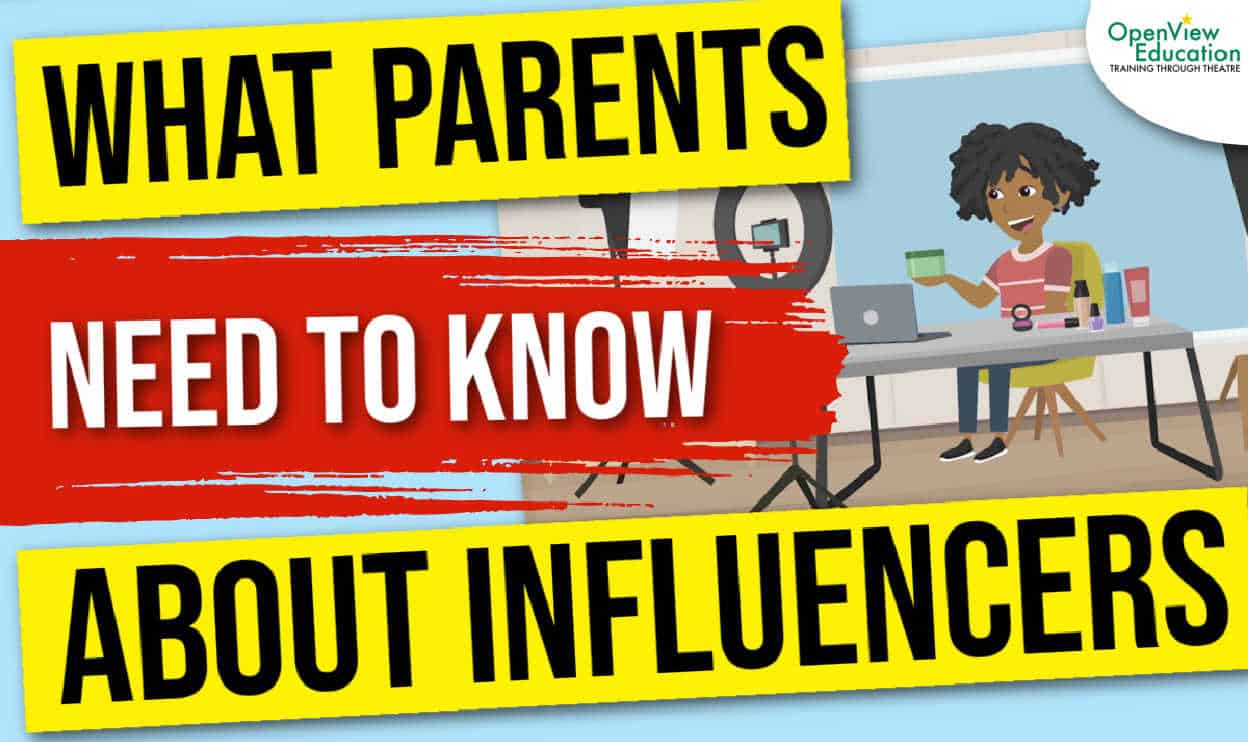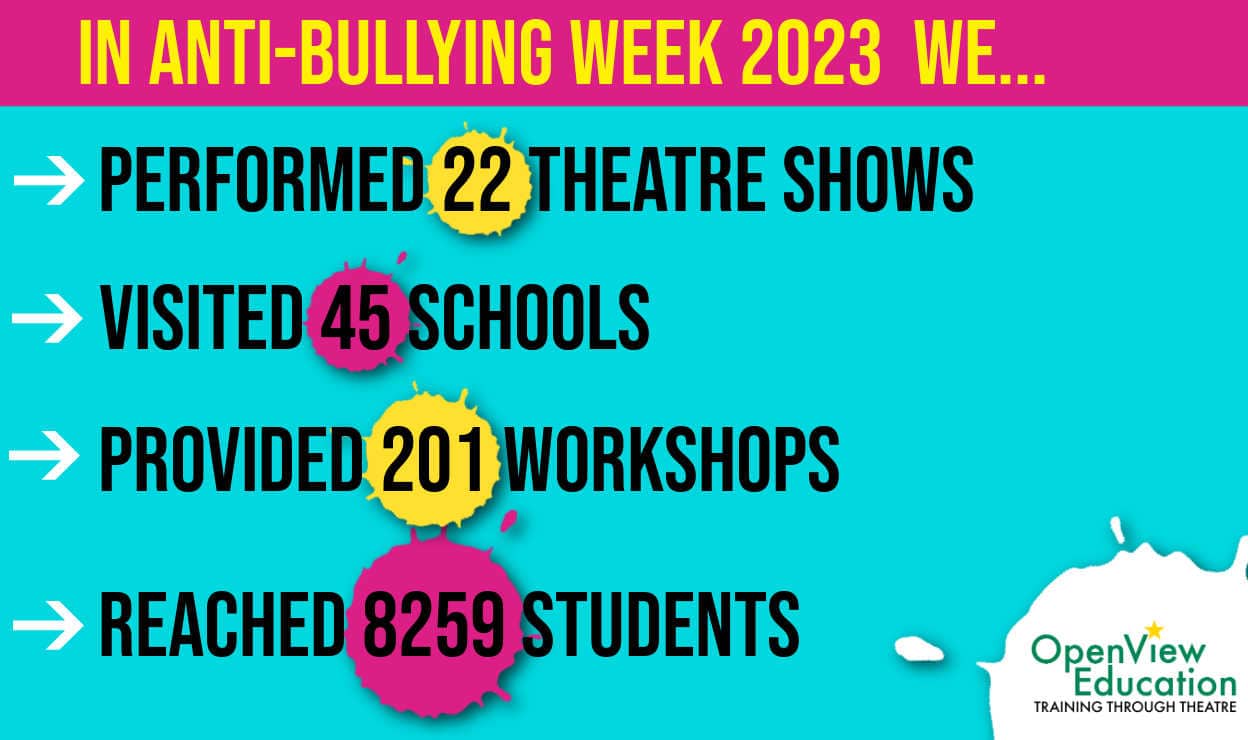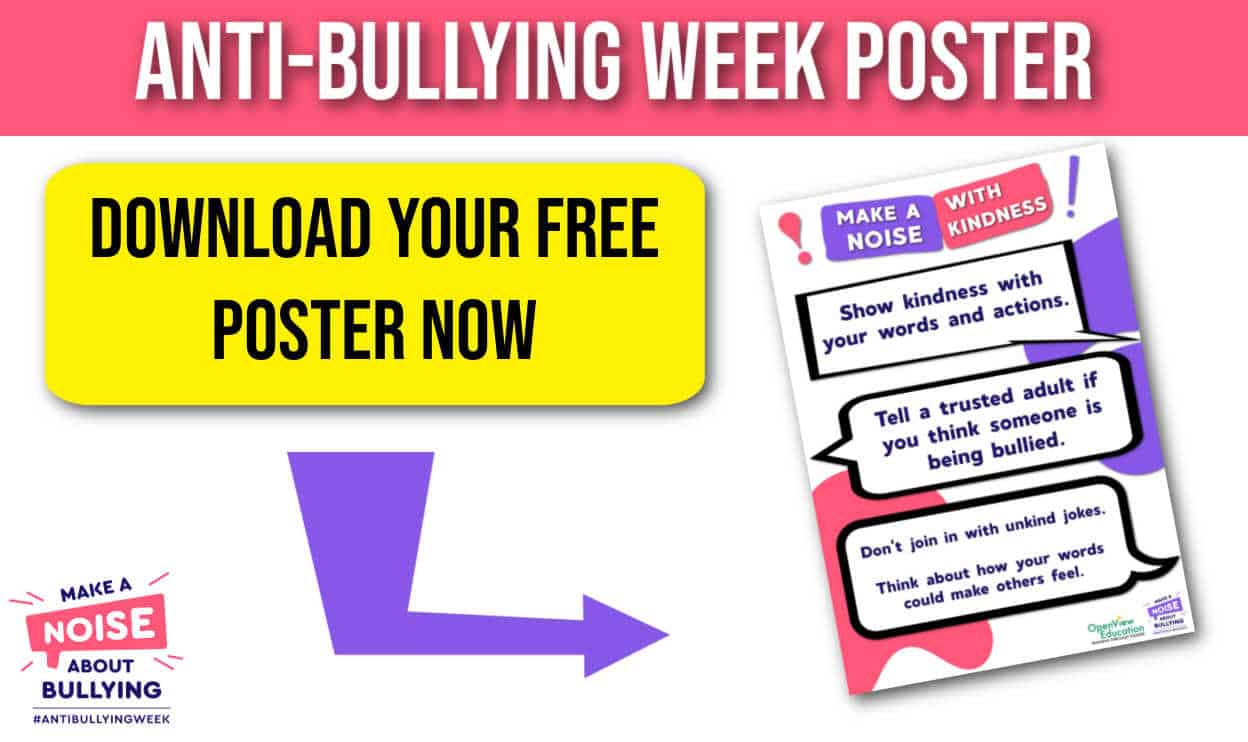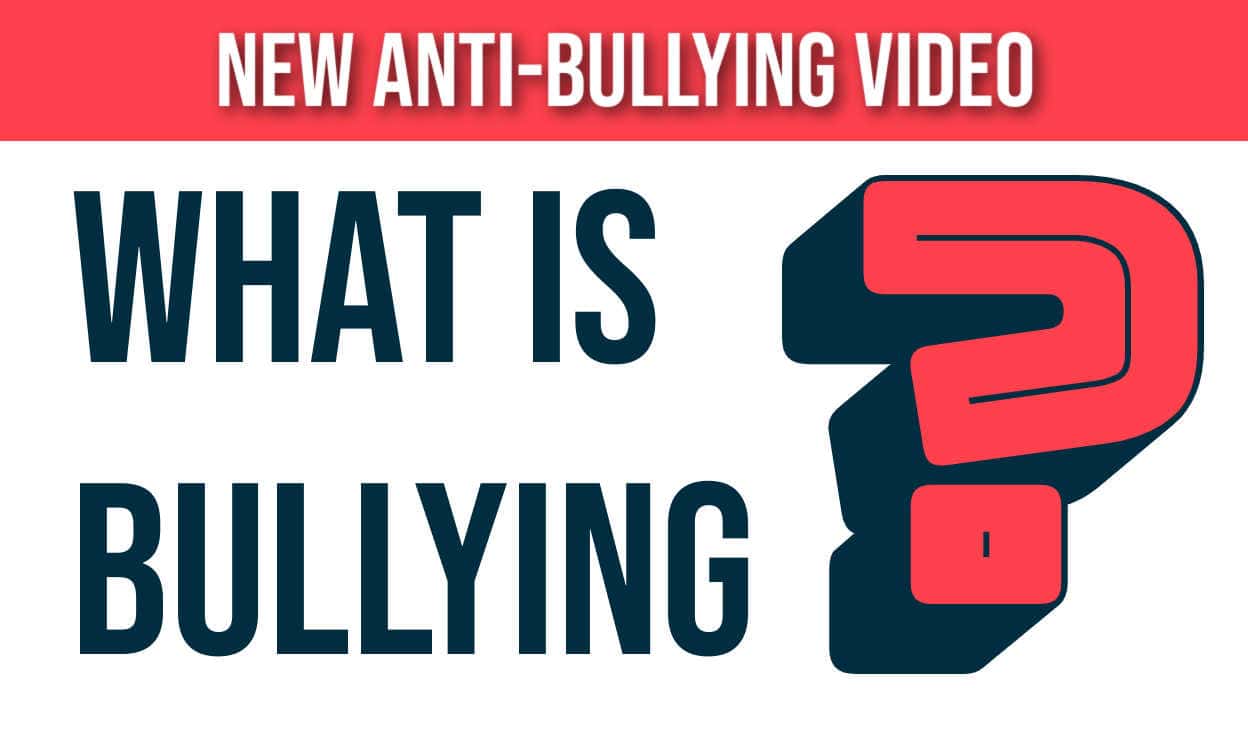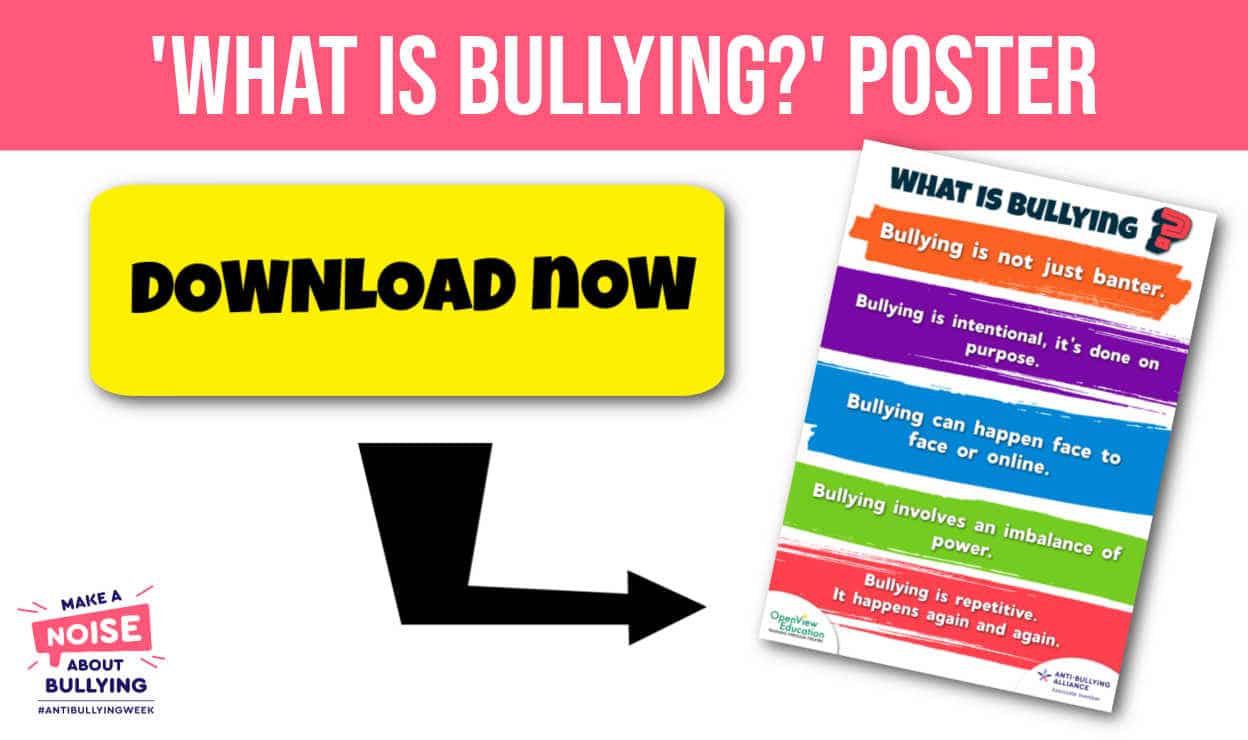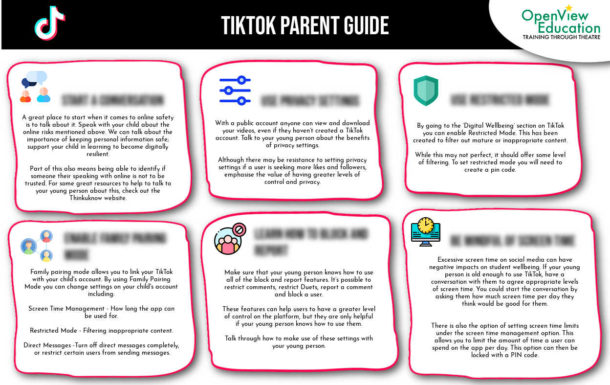What is mental health?
Everyone has mental health. In the same way that we all have physical health, everyone also has mental health.
Having positive mental health is made up of different parts including:
- Positive Self-Image: A positive self-image means that we feel good about ourselves. We have a positive relationship with our self, this is sometimes described as having high self-esteem.
- Positive Relationships: We have healthy, supportive relationships in our life that help us to feel positive emotions, and we are able to maintain positive relationships with others.
- Positive Emotions: We feel full range of different emotions, we are able to regulate and manage our emotions effectively.
Mental Health is a Sliding Scale
It’s useful to remember that our mental health exists on a sliding scale. Our mental health will move up and down this sliding scale throughout out life and it is impacted by what happens to us. If we experience a big life change or an unexpected event, it’s normal that this may impact our mental health and cause us to move down this scale.
It’s useful to remember that it’s normal to move up and down the mental health scale. Recovery from poor mental health is possible, and having an awareness of our own mental health is an important first step.
Top Tips for how we can support our child’s mental wellbeing.
Steps to Wellbeing Wisdom Poster
Talk to your child about the Steps to Wellbeing Wisdom. Each step is drawn from the 5 Ways to Wellbeing, and they are a fantastic way of learning simple actions we can take to improve our mental health.
Use the Steps to Wellbeing Poster. Talk about the ideas on the poster and think of ways you could use the steps in your day to day life.
Start an Open Conversation
Talking openly about mental health is a good starting point to support your child. This can encourage self-awareness and reflection on the challenges that your child may be experiencing. Through a regular open conversation, we can support children in learning how to regulate and manage their emotions.
Be a Wellbeing Role-Model
Children will often copy the behaviour that they see us engaging in. By role-modelling positive behaviours that support our wellbeing, children will learn how to take on these behaviours.
Think about limiting screen time and phone usage
Smart phone usage can sometimes prevent and interrupt having quality conversations with our children and family. It can be helpful to think about how technology usage could be adapted to support positive relationships in the household. It’s useful to reflect on these questions:
- Is the way that you use technology preventing connections and communication with your family?
- Could you set a ‘no-screen time’ zone, such as dinner time, when smart phones will not be used?
How can we start a conversation?
If you are concerned about your child’s mental health and wellbeing, you may wish start a conversation with them about how they are doing. Here are some ideas for starting a that conversation.
Explain that it’s normal to find things difficult sometimes.
You can explain how our mental health is a sliding scale, and it’s normal that sometimes we feel worried or find things difficult. Explain that talking about our feelings with someone that we trust can help us to feel better.
Be an active listener
Listening is a skill, and it’s not always easier. When speaking with your child, be present and give them your full attention. Allow them the opportunity to express what they have to say full, and ask open questions to allow to explore what they are saying further.
Do something fun together
Taking part in an activity that you enjoy together can be a great way of starting a conversation about how they are doing. Sometimes it’s easier to talk whilst we are engaged in another activity.
Further Resources and information:
Here are some website to access more support and information on mental health and wellbeing.
Mind.org.uk
Mind has information and support for children and parents on their website.
Young Minds
Young Minds has useful information for young people and their parents who may be seeking support for their mental health and wellbeing.
NHS Website
The NHS website has a range information on different illnesses and offers advice and guidance on supporting our own mental wellbeing.
OpenView Education – Mental Health & Wellbeing Workshops
OpenView Education work directly with schools in providing interactive wellbeing workshops for your students. Contact us if you would like to arrange this for your school.
